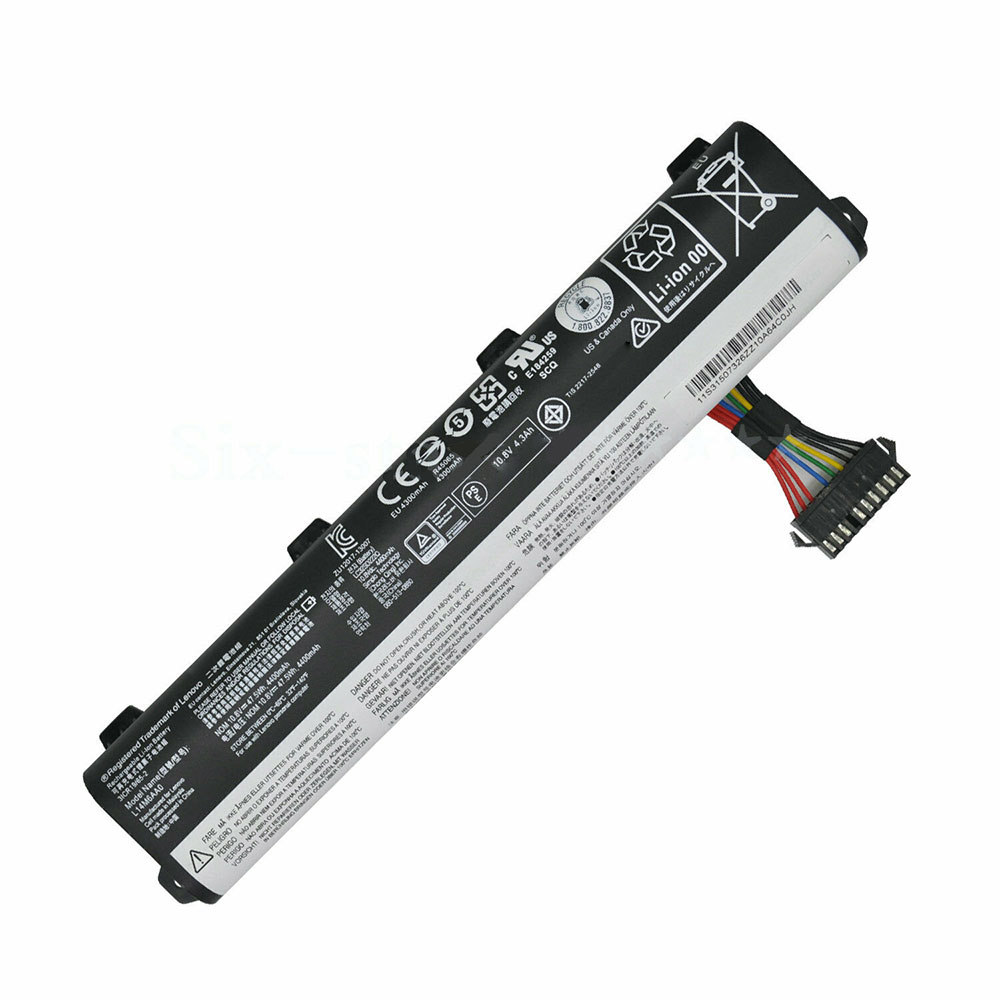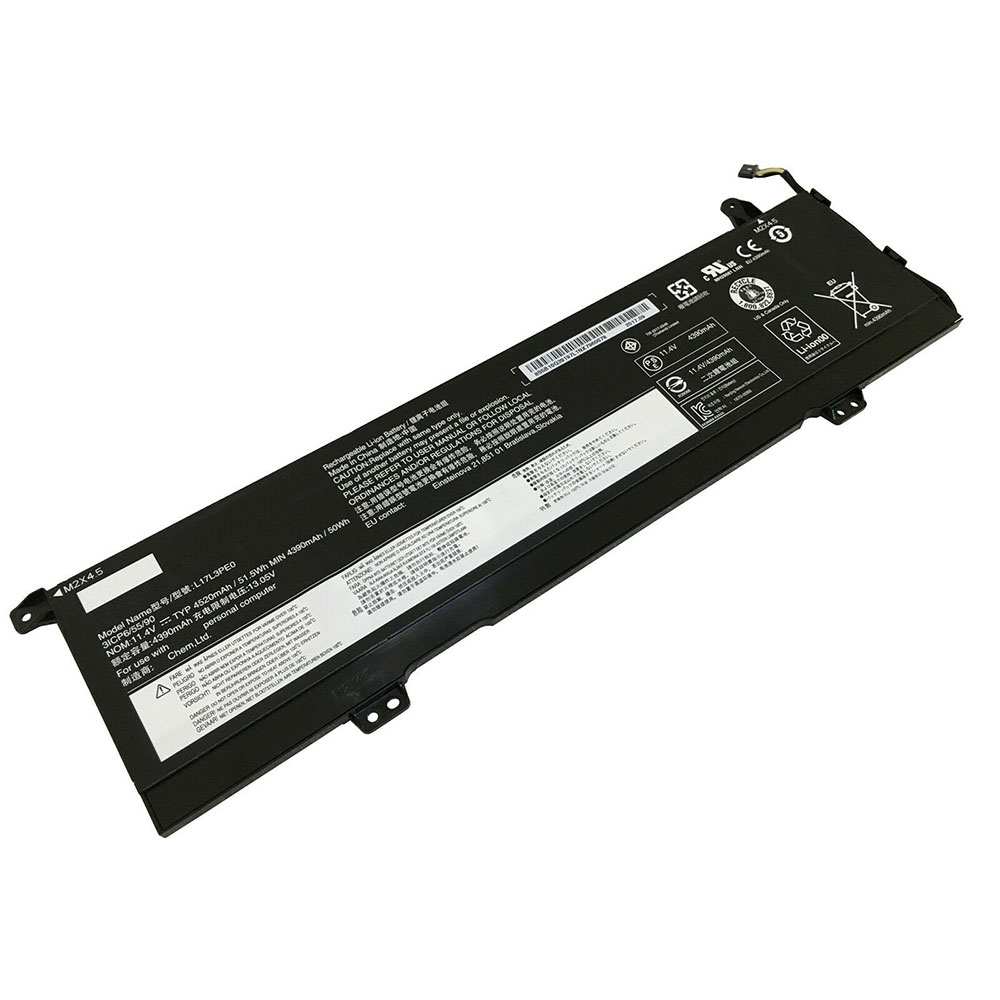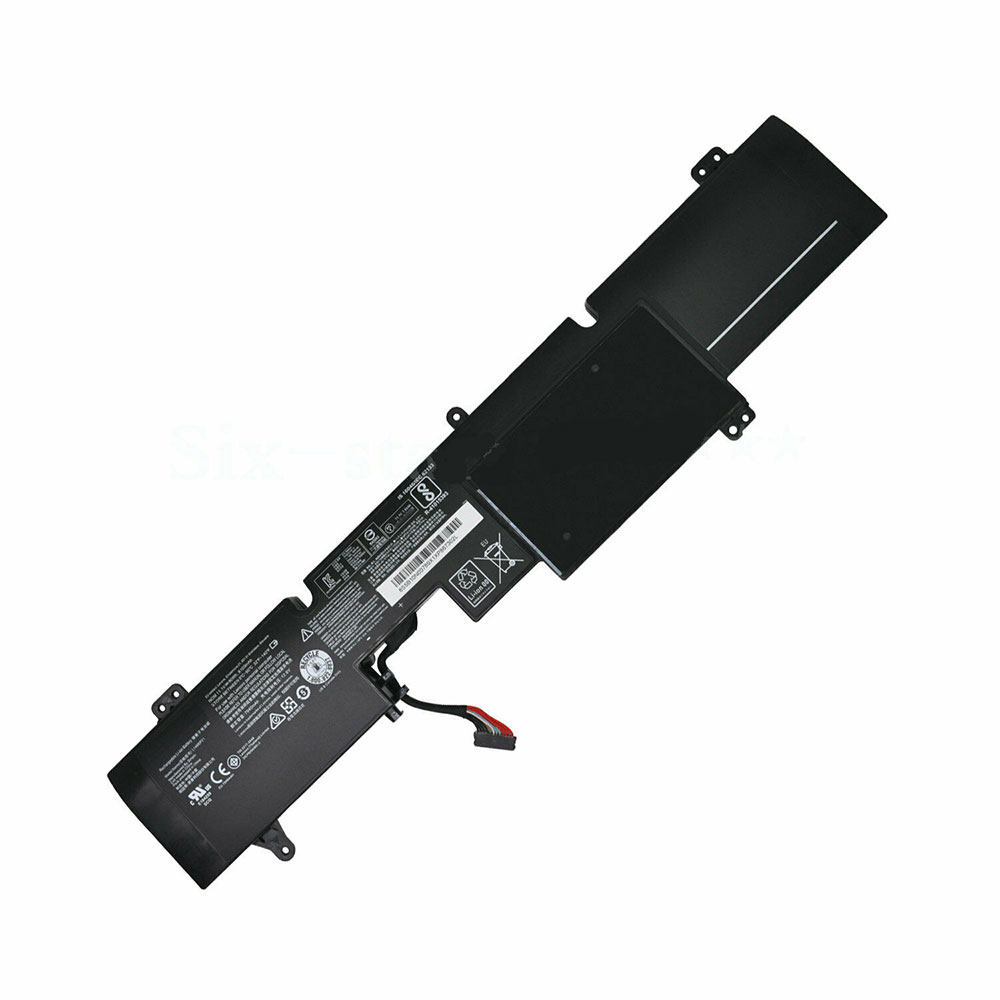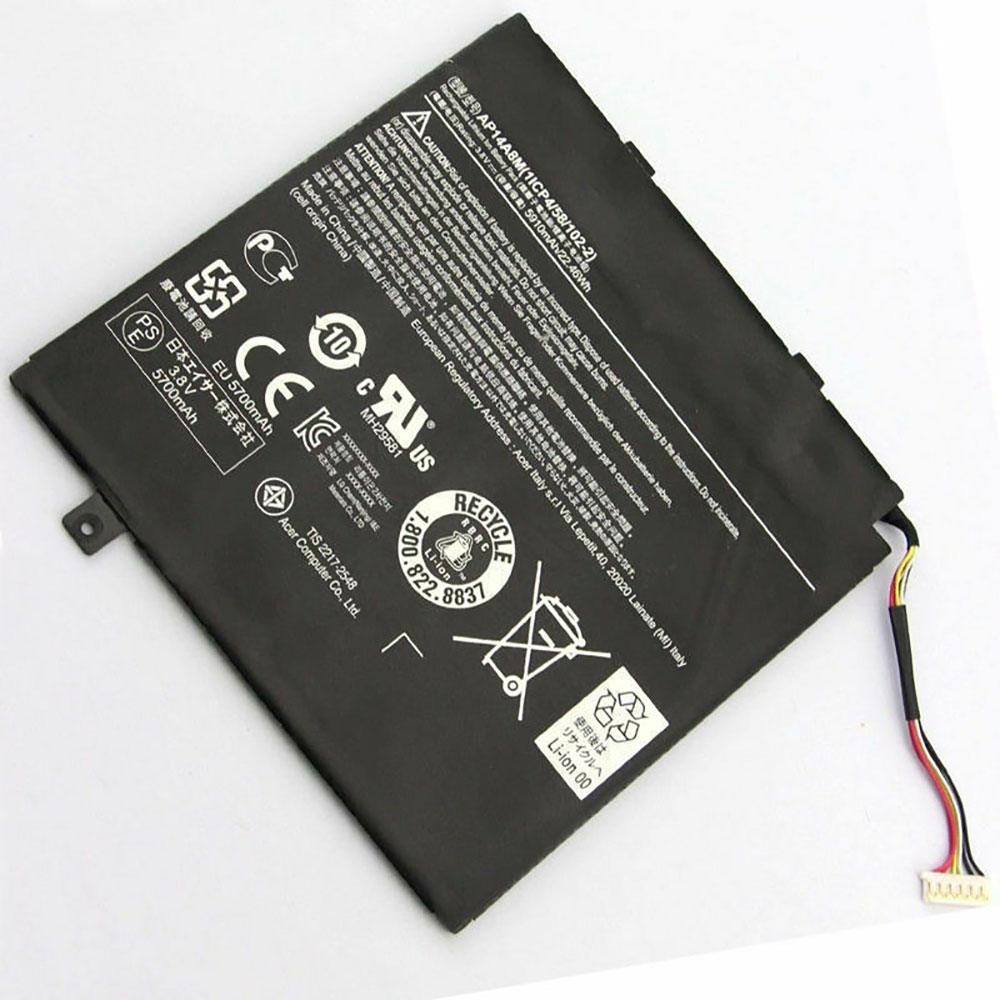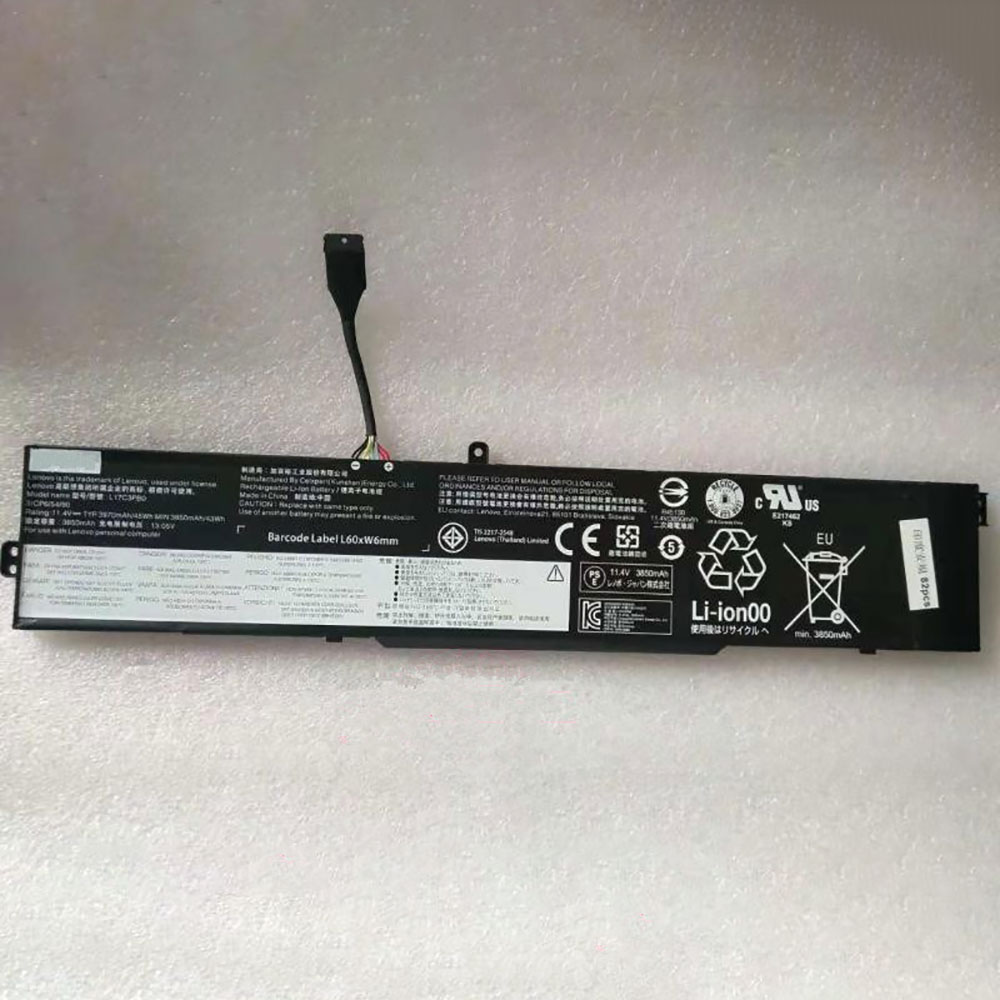Microsoft plans to officially stop supporting Windows 7 on January 14. Kind of. People who’ve signed up for the Extended Security Updates (ESU) program will still receive, well, security updates even after the rest of the operating system is abandoned. But there was some confusion around that extended support, which is why Microsoft engineer Mike Cure recently offered some clarity in a recent AMA.
The Tech Report summarized this episode by explaining that an FAQ for ESU (which is a surprisingly catchy combination of initialisms) was responsible for the confusion. That FAQ article said “No, your Windows 7 computer is not protected by MSE after January 14, 2020. MSE is unique to Windows 7 and follows the same lifecycle dates for support.” That directly contradicted what Microsoft had said elsewhere.
Which is why Computerworld’s Woody Leonhard asked Cure about ESU customers receiving Microsoft Security Essentials (MSE) updates even after January 14 during the AMA. (For anyone unfamiliar: AMA stands for “ask me anything,” and discussions of that sort are popular on sites like Reddit, where seemingly everyone is endlessly curious about practically everything that even remotely interests them.) Cure said:
“MSE will continue to receive signature updates after Jan. 14.”
The perfect response: definitive, simple and straight to the point. But in case that wasn’t enough–and we’d suggest that blindly accepting answers offered via AMA threads might be just a little naive–Microsoft also updated the FAQ. It now reads: “Microsoft Security Essentials (MSE) will continue to receive signature updates after January 14, 2020. However, the MSE platform will no longer be updated.”
More information about MSE can be found on Microsoft’s website. Despite updating the FAQ to reassure people that MSE will continue to receive new signatures after Windows 7’s end of support, Microsoft also said that Windows 7 users who rely on MSE should switch to Windows 10 “to continue to receive security updates.”

